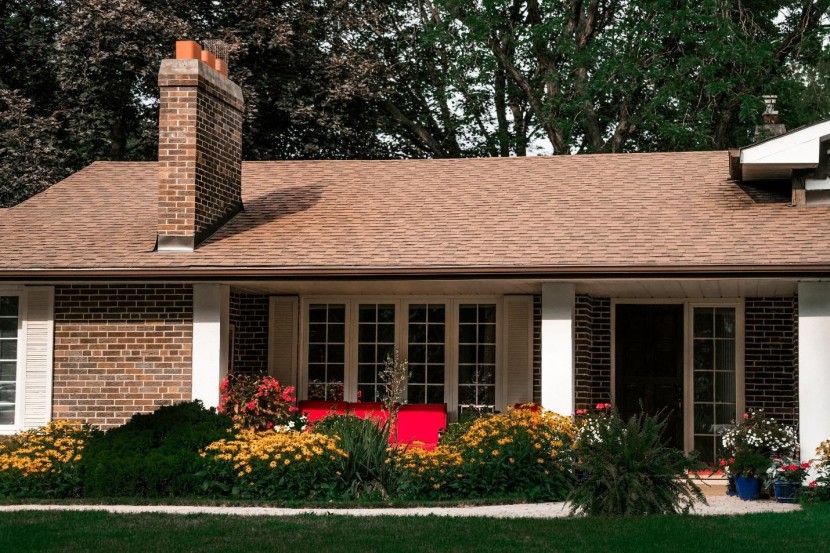
Whether you're a first-time homebuyer, moving into a new place, or comfortably settled in your current home, under-insurance is a real threat to your financial stability. Homeowners insurance covers damage to the interior and exterior of your home, commonly covering loss due to perils such as fire, water damage, and theft, as well as liability in case of injury on your property.
Insurance policies are complex creatures, and there are countless ways you can wind up underinsured. In the event of a loss, you could wind up on the hook for many of the expenses you thought would be covered. While independent insurance adjusters like Virani Law, can help you navigate and maximize your claim, your ultimate resolution and/or compensation depends on the limits of your coverage, deductibles, and specified perils. Insufficient coverage can leave you paying more than you can afford, whether you seek assistance from a professional or not.
Do yourself a favour and check to make sure you're sufficiently insured before the worst should happen. These are some of the most common reasons homeowners find themselves underinsured:
#1 You Lack Flood Protection
It's a big mistake to assume you have flood insurance, as this is not typically included in standard homeowners packages. There is an important difference between water damage (say from a broken pipe) and overland flooding. If you live near a body of water, including a river, find out about flood coverage in your area.
#2 Your Deductibles Are Too High
A deductible is how much money you have to pay before the insurance coverage kicks-in. As a practical matter, you can think of this as a hold-back or credit to your ultimate settlement. Don't assume that your whole claim will have a single flat deductible. Deductibles may change depending on the type of peril that caused the loss, and could very likely be separate deductibles for structure, contents, and additional living expenses.
#3 Coverage Isn't Enough to Replace Your Belongings
Buying the right amount of insurance can be tricky.
For example, in regards to structure: your policy does not cover the value of your home but rather the costs of repairing or rebuilding it, even if it is a total loss. Do you know what it would cost to rebuild your home exactly as it stands today?
The value of a house can't really be separated from the value of the land, which is an appreciating asset.
Then, in regards to content and personal property, your required amount of coverage could vary based on whether coverage is for the Actual Cash Value of belongings in your home or their Replacement Cost.
Your furniture, electronics, and clothes are depreciating assets, meaning their Actual Cash Value is usually considerably lower than how much it costs to replace them.
#4 Your Valuables Aren't Insured
Most regular policies have special coverage limits for valuable belongings like jewelry, furs, fine art, and other high-value belongings that can easily exceed your ordinary contents insurance. You will need to have valuables like these assessed and insured apart from your homeowners insurance.
#5 Liability Coverage
Homeowners insurance doesn't just cover property damage, it also covers your personal liability when someone is injured on your property. For example, if you have guests and they fall down the stairs or slip on some ice, you could be liable. Is your coverage enough if someone were to hurt themselves?
Discovering that you're underinsured after a loss can be devastating. While an independent insurance adjuster can help you recoup as much as you can, it doesn't hurt to revisit your insurance policy before a loss whether you're buying a new home or even if it has just been awhile since you re-evaluated your insurance.








